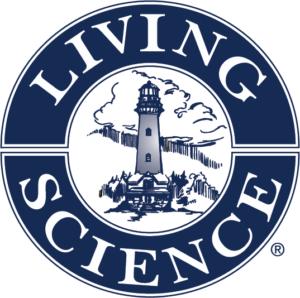
High School English at Living Science, Part 2
The What and the Why
My last post provided an overview of the progression options for high school English at Living Science. This one focuses on some reasons you might want to add high school English at Living Science to your student’s STEM classes.
Reading the Classics with the Bible in Mind
We use Bob Jones’ High School English anthologies as our spine texts, for a number of reasons, but our reading goes beyond the samples and segments to include complete texts from the best authors in the English language. We teach students to look at authors and literary movements in historical context, not shying away from hard topics, but encouraging them to evaluate what they read through a Biblical lens and to follow authors’ “big ideas” all the way to their logical ends. This approach helps to prepare students for college environment, where the worldview of the instructor is very likely to be different from their own.
Consistent Writing Instruction
Although our high school English classes are literature based, we include a strong writing component to help students develop this essential skill. Students write several essays and short assignments. Each essay assignment includes a formal drafting process, guided peer review, and extensive commentary during grading. In at least two classes (10th grade and Freshman Composition), we also cover research, selecting a variety of credible sources, quotation and paraphrase, and overall synthesis.
Class Discussion


One thing homeschoolers may miss is the opportunity to discuss what they are reading with their peers. We place a high value on student participation in class and encourage (guided) discussion of texts and the ideas they embody with small group activities as well as whole-class interaction. With few exceptions, discussion is our students’ favorite part of class. Through it, they learn to listen to others and to articulate their impressions and beliefs courteously and effectively.
Passionate Teachers
Our English teachers are highly qualified. More important, like all our Living Science teachers, they love the Lord, their students, and their subject. They are committed to meet students where they are and help them improve their writing and thinking skills through the enjoyable process of reading, discussing, and writing about great literature.
By Lisa Gallion | Mar 7, 2017
